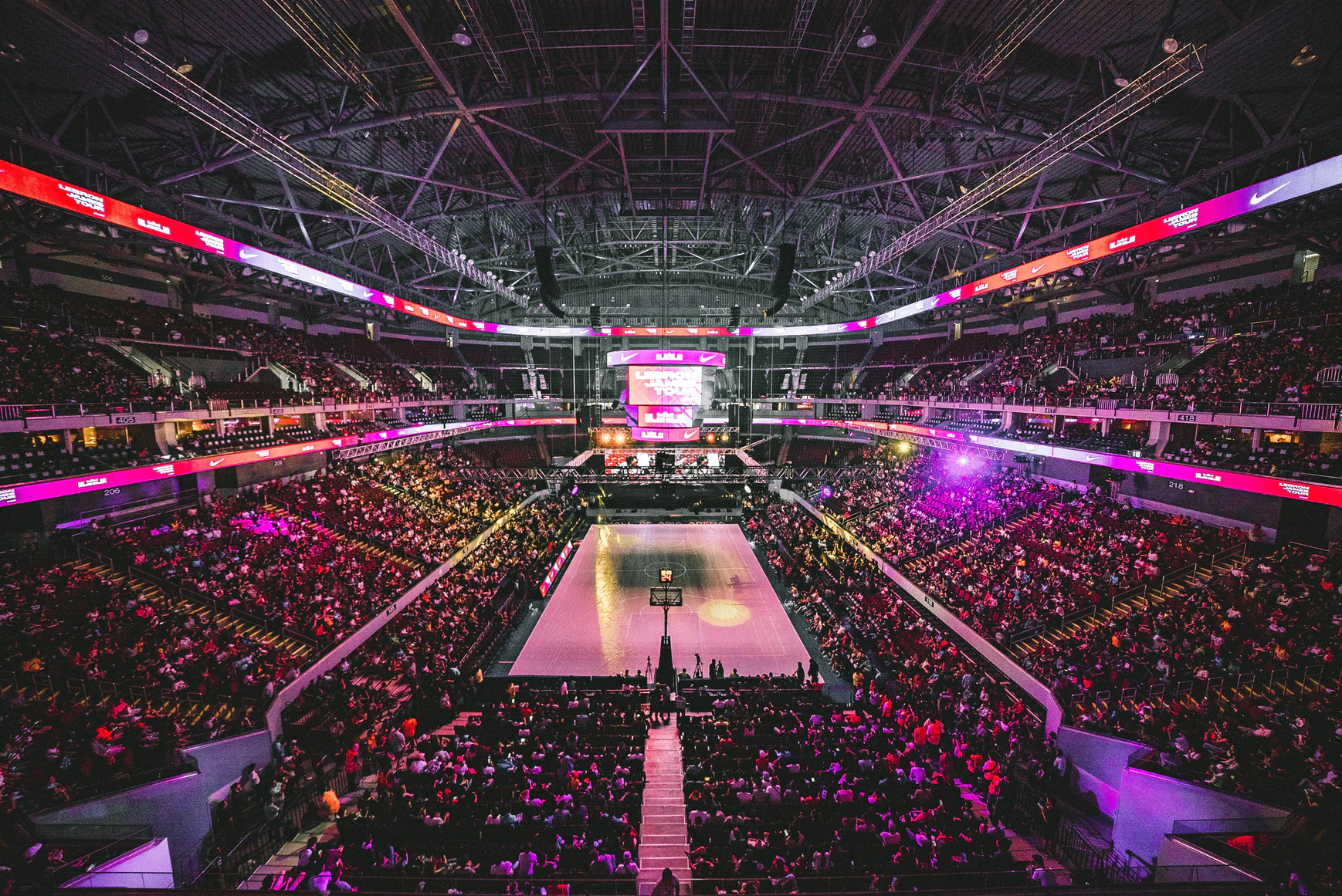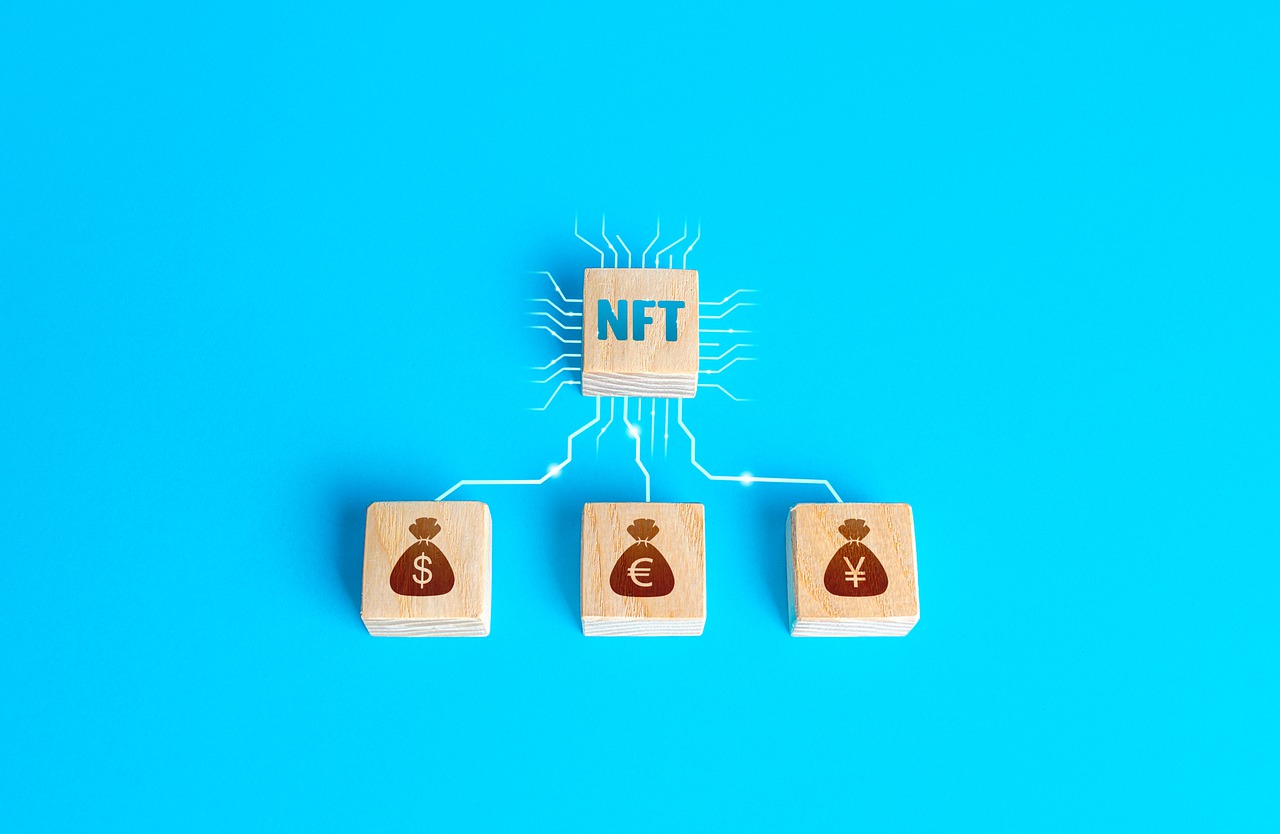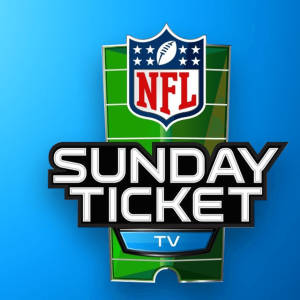Technology and the sports industry have always interacted with one another closely, and that’s no different in 2022. If there are any noteworthy changes in the way technology impacts sports spectatorship, management and participation of late, it’s that there are so now so many examples of technology applied to all areas of the industry. Fans from across the country can get insider information and on-demand access to games, stats and analysis right to their smartphones through the use of dedicated apps like NFL Rezone and F1 TV. And sports betting, once relatively limited in the US, is now accessible in a huge number of states, with the people of New York now receiving free bet offers, as well as odds, picks and predictions from some of the world’s leading bookmakers.
Yet these welcome innovations pale in comparison to the potential impact of the emerging sports NFT industry. Everyone’s favorite buzz-word of 2022, Non-fungible tokens exerted an outsized impact on the sports industry, and this should come as no surprise given their basic compatibility. Below we’ll be exploring the way NFTs and the sports industry have come together to create an all-new and extremely energetic market, one that will not only change the way we think of the emergent technology, but stands to change the way the sports industry operates and markets itself on a foundational level.
Sports and NFTs: A Match Made in Heaven
NFTs are a novel new way of ascribing scarcity and uniqueness to digital items. These take many forms, and in essence, anything can be minted as an NFT, which would simply mean that a unique certificate of ownership had been attached to something, and stored on the blockchain. These tokens can then be traded, and signify ownership in much the same way that the deeds of a car or house do this in the physical world. This has led to many novel applications, with Jack Dorsey selling his first tweet as an NFT, and The Kings of Leon releasing an album in the format.
The sports industry, namely the NBA, saw the utility of this very quickly. Coming from an environment where memorabilia is a well entrenched component of the culture and industry, the business sense of minting parts of NBA history as non-fungible tokens seemed like a no-brainer. And indeed, nowadays virtually the entire global sports industry is attempting to implement their equivalents of the NBA’s Top Shots NFT store. In much the same way that the game-winning baseball from a World Series final is a highly coveted item for MLB fans, collectors buying up historic plays from the NBA’s broadcast history are taking advantage of a new opportunity to involve themselves with the sport they love.
A Novel Form of 21st Century Marketing
The NFL, who are on the verge of releasing their own NFT store, are no doubt aware that the potential value behind a clip of Tom Brady’s maiden Super Bowl appearance is considerably higher today than it would have been back in 2001. While classic clips and memorabilia are the obvious first choice for populating these sports NFT marketplaces, franchises are counting on the emergence of NFT collectors who will be looking to buy low and sell high on tomorrow’s star athletes making their rookie plays in 23’-24’.
This all points to a potentially highly lucrative new industry for sporting bodies, and crucially it’s one that they can exert direct agency and control over at point-of-sale. It is for this reason we are seeing such huge investment by the sports industry in a technology some still deem as “unproven”. The English Premier League, the most highly valued domestic soccer league in the world, is currently finalizing talks with ConsenSys for the licensing of its own NFTs in a 4 year deal rumored to be valued in the realm of half a billion dollars. Even smaller parties are looking to get involved, with many minor sporting bodies such as the World Powerlifting Association and International Ju-Jitsu Federation banding together on third-party NFT licensing platforms in order to get in on the craze at ground-level.

“Beer practitioner. Pop culture maven. Problem solver. Proud social media geek. Total coffee enthusiast. Hipster-friendly tv fan. Creator.”




